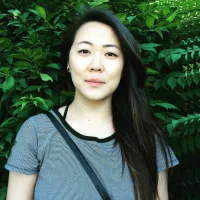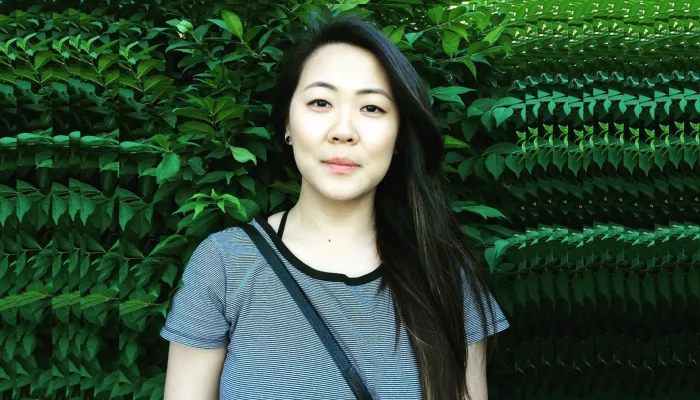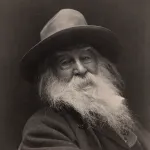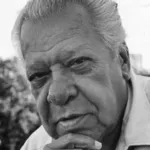My imaginary brother speaks of our migration and history,
how time pulses like the green water
in the South Saskatchewan that sputters by our home,
success measured in how still he’d lie after wandering
beneath the obsidian sky that places into his red mouth
two dreams: one that lives and another that speaks.
My round hand, so much like my father’s, speaks
in tugs at a mother’s hem, as I beg history
to return my brother, whose rage blisters his mouth,
while my mother pours her body over us like water,
my father’s hands whetting the steel of my brother’s wandering,
who departs in search of a day that passes our dark home.
I grow broader to lessen his absence from our quiet home,
where only the river in its winter marrow speaks,
as my father searches my hands to forgive my brother who wanders,
as I honour our family by rewriting the songs of our history,
as I go to a school-ground hill in search of fallen water,
as I place the crow’s beak in my slipping mouth.
In the wilderness between twelve and seventeen I sealed my mouth,
biting the heavy meat of my tongue to keep from leaving home;
meanwhile my brother sold paintings of water.
And in each place, in my closed eyes, his paintings speak
of our migration and his rewriting of our story,
my mouth a wishing well, my mouth a loss wandering.
My mother is an overstretched cloud that wanders,
while the wild taste of longing swirls in her mouth.
My brother, with his newspaper clippings of our family’s history,
with his widening wife in the lily pads of their home.
And there is my crow-shaped father who speaks
of a daughter that slipped from his eyes like water.
My father dives for his reflection in the water.
My brother is a murder of crows wandering.
How to ask for silence when no one speaks,
how to slip through the insincerity of my mouth,
how to halt the night that rushes through our home,
two dreams: my imagined brother and me, halving a history.
Chuqiao Yang, "Family Tree." Used with the permission of Goose Lane Editions.





